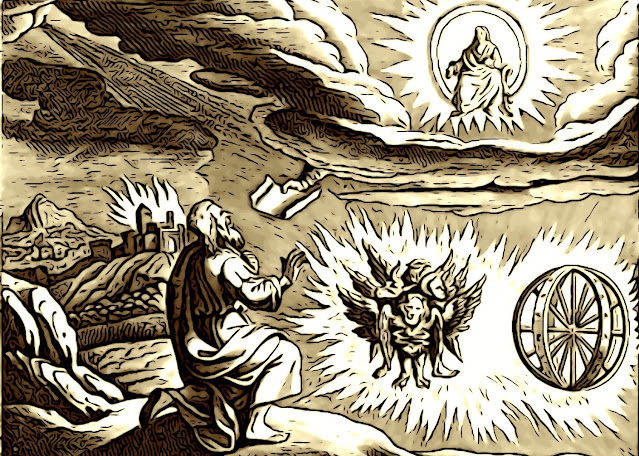Are Religious Experiences Proof? Three Kinds of Evidence

Born a sheep in a fold shepherded by an anthropomorphic God who didn't hold up to critical inquiry, I became agnostic in my teens, but I was a convinced atheist with regard to the god of Moses, the all-smiting Sky King who offends morality as much as common sense (if that is possible). A white-bearded genocidal Paul Bunyan enthroned on puffy clouds compels disbelief. Anthropomorphism may be unavoidable because of human vanity, but it works only if bracketed as metaphor. Otherwise, it's a high road to atheism. Still, I hunger for some reason to entertain the half-comforting, half-absurd tropes of the God of Abraham, Jesus, and Muhammad and understand at least three experiential bases for belief. I recently discussed the easiest one. It's pretty simple, even cold blooded. Even if the existence of God (however defined) can't be proved, still, without some overarching value system, life can seem absurd, the empty repetition that Albert Camus relates to the myth of Sis...



